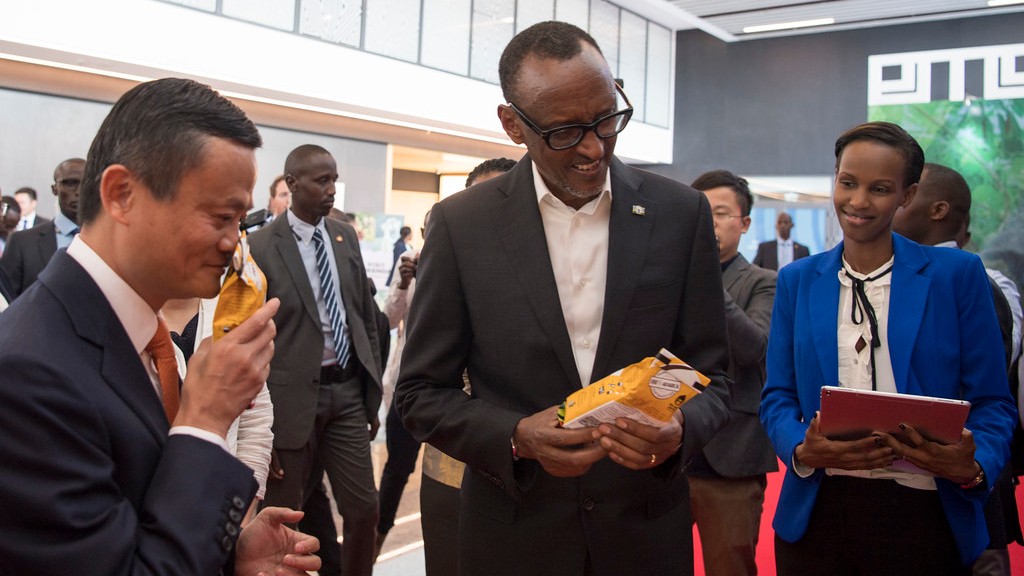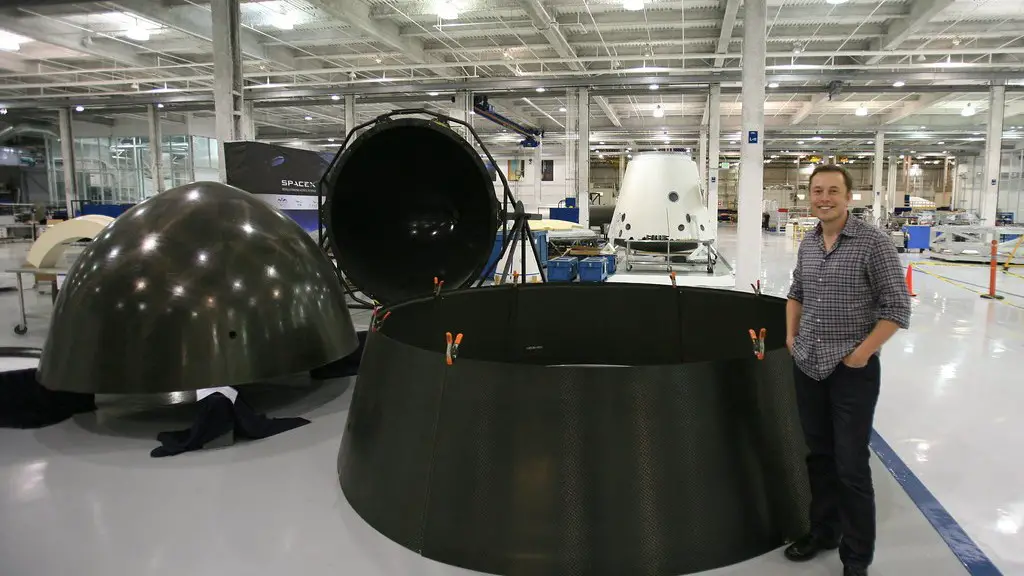For most people in the tech community, the story of Mark Zuckerberg and WhatsApp is one of legend — a tale of the debonaire, young tech-genius CEO and his stunning acquisition of the messaging platform. But to understand the deal, and the sequence of events leading up to it, it’s important to look beyond the legend and examine the specifics of the situation.
WhatsApp was founded in 2009 by internet entrepreneurs Jan Koum and Brian Acton. It was one of the first messaging apps that relied exclusively on data plans, allowing it to bypass standard SMS or MMS fees. Its success was greater than its founders could have ever expected, and it eventually became the single most popular messaging app in the world. In 2014, WhatsApp boasted 500 million daily active users and was sent and received more than 32 billion mobile messages every day.
Mark Zuckerberg had long been interested in WhatsApp. In fact, Zuckerberg had kept in touch with WhatsApp’s founders since the early days of the app, at one point even inviting Koum to join him in California. Many in the tech world viewed Zuckerberg’s relationship with WhatsApp as a potential acquisition, which came to fruition on February 19, 2014, when Facebook announced that it would be purchasing the messaging platform for a reported $19 billion.
The acquisition was met with both excitement and criticism. Many believed that Zuckerberg had greatly overpaid for the app and feared for WhatsApp’s potential as part of Facebook’s larger infrastructure. Regardless, the deal was seen as a win for Koum and Acton, who made billions of dollars in just four years of starting the app. On the other hand, Facebook was able to leverage WhatsApp’s data and userbase in order to expand its reach and create an even larger platform.
Experts are divided over the long-term implications of the deal, with some arguing that it provides an economic boost to both companies and others concerned about Facebook’s already enormous market share. Some believe that the acquisition of WhatsApp was a way for Facebook to consolidate its hold on the messaging market, while others think that the added value WhatsApp brings to the table is more than enough for the purchase price.
It is clear that the deal between Mark Zuckerberg and WhatsApp has had a huge impact on both companies and the tech industry as a whole. It remains to be seen, however, what effect this deal will have in the long term. For now, it appears that both companies are reaping the rewards of the deal, and it is likely that the acquisition will have a lasting impact on the tech industry.
Long-term Impacts of the deal
Despite the fact that Facebook acquired WhatsApp nearly 6 years ago, the long-term impacts of the deal are still unclear. As a result, many industry analysts are studying the impact of the deal to see how it could affect the landscape of the tech world in the future.
One major impact of the acquisition is that it has given Facebook and WhatsApp additional leverage in the messaging app market. Since the acquisition, Facebook has been able to leverage the global reach of WhatsApp to promote its other messaging apps such as Messenger and Instagram. This, in turn, has had a major effect on the competitive dynamics of the messaging market, as other messaging apps such as WeChat, Telegram, and Line have had to adjust their strategies in order to compete with Facebook’s global empire.
The acquisition also has had a number of financial implications for Facebook and WhatsApp. As mentioned before, WhatsApp made billions in just four years of operation and the acquisition has allowed the founders to cash in their wealth and become more than millionaires. On the other hand, Facebook’s purchase of the app has allowed it to strengthen its market presence and increase its global reach. Thus, in the long term, it is possible that the acquisition of WhatsApp could help Facebook solidify its market value as the largest social media company in the world.
Furthermore, traffic through WhatsApp has also helped to boost Facebook’s advertising revenue. The app’s popularity, particularly in developing countries, has allowed Facebook to expand its user base, and the added value of a WhatsApp user has enabled Facebook to charge higher prices for advertising. This, in turn, could result in even greater profits for the company in the future.
The Pros and Cons of the deal
The acquisition of WhatsApp by Facebook has had pros and cons for both companies. Many believe that the acquisition has allowed Zuckerberg to further solidify Facebook’s market share and expand its global reach. On the other hand, the purchase price of $19 billion is seen by some as excessive, and it is unclear how the acquisition will affect Facebook’s profitability in the future.
For WhatsApp’s founders, the deal was seen as a major win. Not only did they make billions of dollars overnight, but they were also able to take advantage of Facebook’s vast resources in order to expand the app’s reach and monetize its user base. However, the acquisition has also had some downsides for the app. Many have criticized Facebook for trying to use WhatsApp’s user base to promote its own messaging services such as Messenger and Instagram, and there are some who are wary of Facebook’s potential control over messaging platforms.
The pros and cons of the WhatsApp acquisition have to be weighed carefully in order to determine whether or not it was good for both companies. While it appears that both companies have benefited in the short term, the long-term effects of the acquisition are still not clear. Only time will tell if the acquisition was a good one or not.
The Significance of the Deal
The acquisition of WhatsApp by Facebook has been hailed as a major moment in the tech industry. It has been described as a watershed moment that could potentially shape the future of the industry in many ways.
Firstly, the acquisition has been seen as a major victory in terms of increasing Facebook’s global reach. Facebook has been able to leverage the app’s reach and user base to expand its own user base. This, in turn, has enabled Facebook to become an even more powerful entity in the tech industry, as it now holds a dominant market share in the messaging market.
The acquisition has also been seen as a major victory for entrepreneurs. The founders of WhatsApp have made billions overnight, validating their success and providing inspiration for other entrepreneurs. Moreover, the acquisition has shown that tech companies are willing to shell out large sums of money for successful products, motivating entrepreneurs to invest more time, effort, and money in their start-ups.
Finally, the acquisition has been seen as a victory for the tech industry as a whole. It has provided a boost of confidence in the market, showing investors and entrepreneurs that large tech companies are willing to invest significantly in promising products and services. This, in turn, could pave the way for the development of new and innovative technologies and products that could transform the tech industry in the near future.
Marketing Implications of the Deal
The acquisition of WhatsApp by Facebook also has had major implications for the marketing industry. Firstly, the acquisition has allowed Facebook to utilize WhatsApp’s reach and user base in order to promote its own marketing initiatives. This, in turn, has enabled Facebook to reach a wider audience and expand its marketing potential.
Furthermore, the acquisition has allowed Facebook to monetize its user base through the use of targeted advertisements. By leveraging WhatsApp’s user data, Facebook is able to better target its ads and maximize its advertising revenue. This, in turn, has allowed Facebook to invest more heavily in its marketing and expand its presence even further.
Finally, the acquisition of WhatsApp has enabled Facebook to capitalize on the power of influencer marketing. By leveraging WhatsApp’s vast network of influencers, Facebook has been able to conduct successful influencer campaigns that have had a tremendous effect on the company’s marketing efforts.
Overall, the acquisition has enabled Facebook to expand its reach, monetize its user base, and capitalize on the power of influencer marketing. With each passing day, the strategic importance of the WhatsApp acquisition is becoming clearer, and it appears that the deal will continue to pay dividends for both companies in the long run.
Conclusion
The acquisition of WhatsApp by Facebook was a landmark moment in the tech industry that has had profound implications for both companies. It has enabled Facebook to expand its reach, monetize its user base, and capitalize on the power of influencer marketing. Furthermore, it has provided a major boost of confidence in the market and served as a major victory for entrepreneurs. Finally, the deal has had major implications for the marketing industry, as it has allowed Facebook to leverage WhatsApp’s reach and user base in order to promote its own initiatives. Overall, the acquisition of WhatsApp by Mark Zuckerberg has had a far-reaching and lasting impact on the tech industry and the larger market, and it is likely that this impact will only grow in the future.

